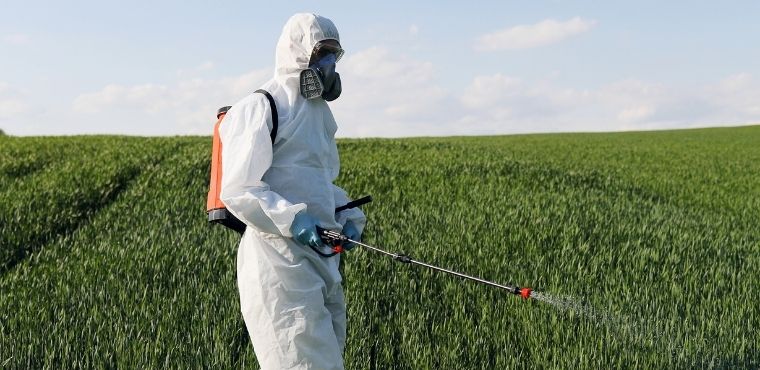Most farmers are more worried about their crops or animals than their personal safety. However, even though farming is a relatively safe profession, there are still a few risks that just come with the job.
If you want to be a safer farmer, you need to learn the safety tips that every farmer should know. Read on to discover how to better protect yourself and, in turn, your livelihood.
Wear Appropriate Clothing
The first move you can make toward becoming a safer farmer is to wear the right clothes when farming. For example, you might want to wear non-flammable clothes if you plan on burning your fields soon. Sunglasses or a wide-brimmed hat can also protect your eyes and skin from sun damage.
Also, you should wear personal protective equipment (PPE) when handling chemicals, such as gloves, a chemical respirator, and a suit to cover your clothes. Farming equipment is dangerous if you’re wearing loose fabric, so make sure that what you wear is comfortable enough to move in but not so loose that it might catch in equipment.
Be Mindful of Which Chemicals You Use
Using chemicals on your crops is generally safe if you sell wholesale produce, but you need to make sure that you know which chemicals you’re using. If you don’t know, you might expose your crops to human pathogens or issues that are dangerous and bad for business. That said, many chemicals can harm your skin, eyes, lungs, and throat if you come into contact with them, which is why wearing the right gear is so important.
Be Careful When Driving Farming Equipment on Public Roads
Accidents involving farming equipment are more likely to happen if you’re driving it on a public road. For this reason, you must always make sure that your vehicles are visible to other drivers so they can slow down as they approach you. Most farming equipment doesn’t go faster than 25 miles per hour, so you need to use plenty of reflective tape and proper lighting to ensure your slow-moving vehicle (SMV) is clearly visible.
Overall, following these tips could save your life on the job. Now that you know a few safety tips that every farmer should know, you can start putting them into practice and keep farming for many years to come.






